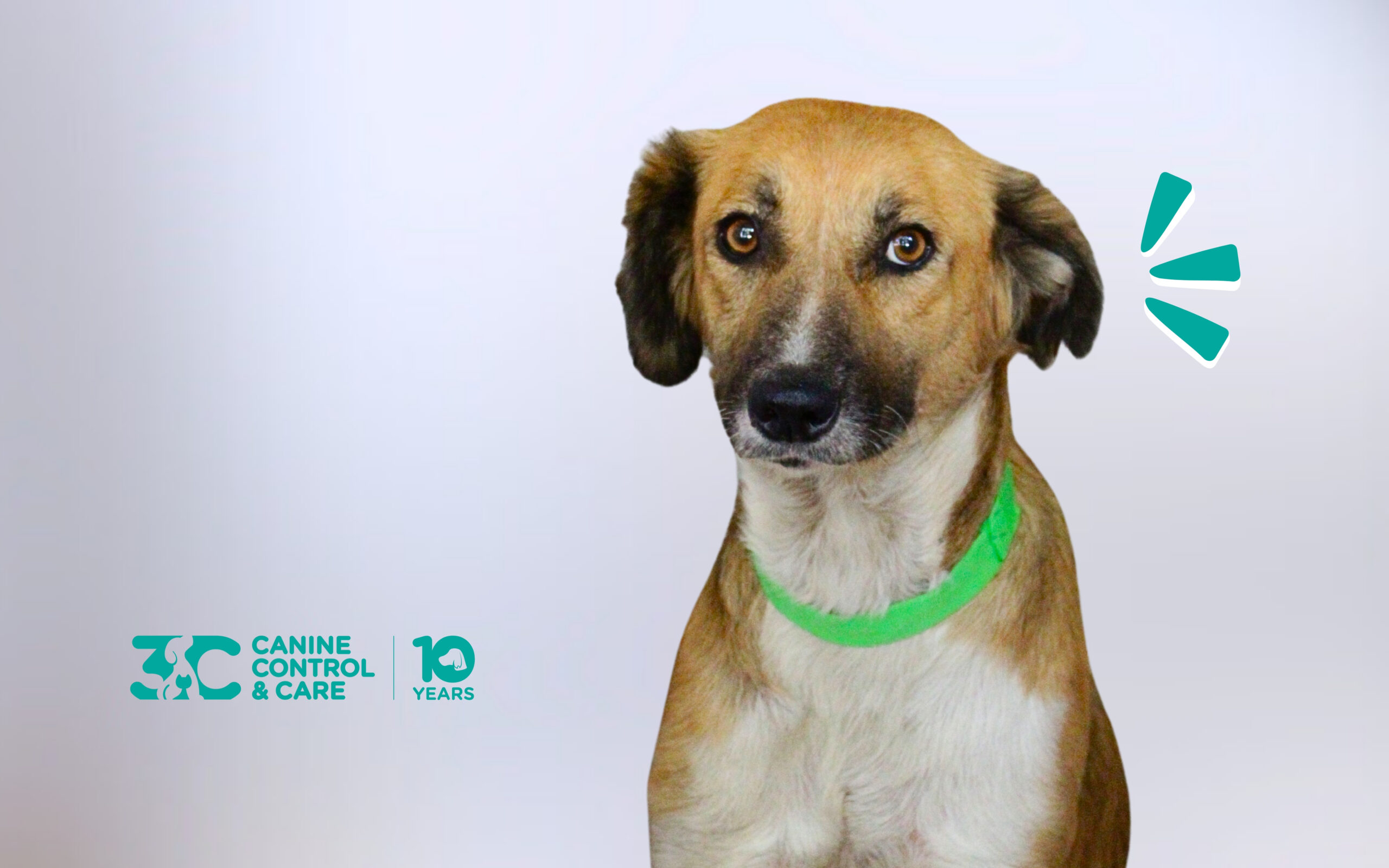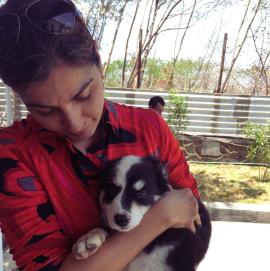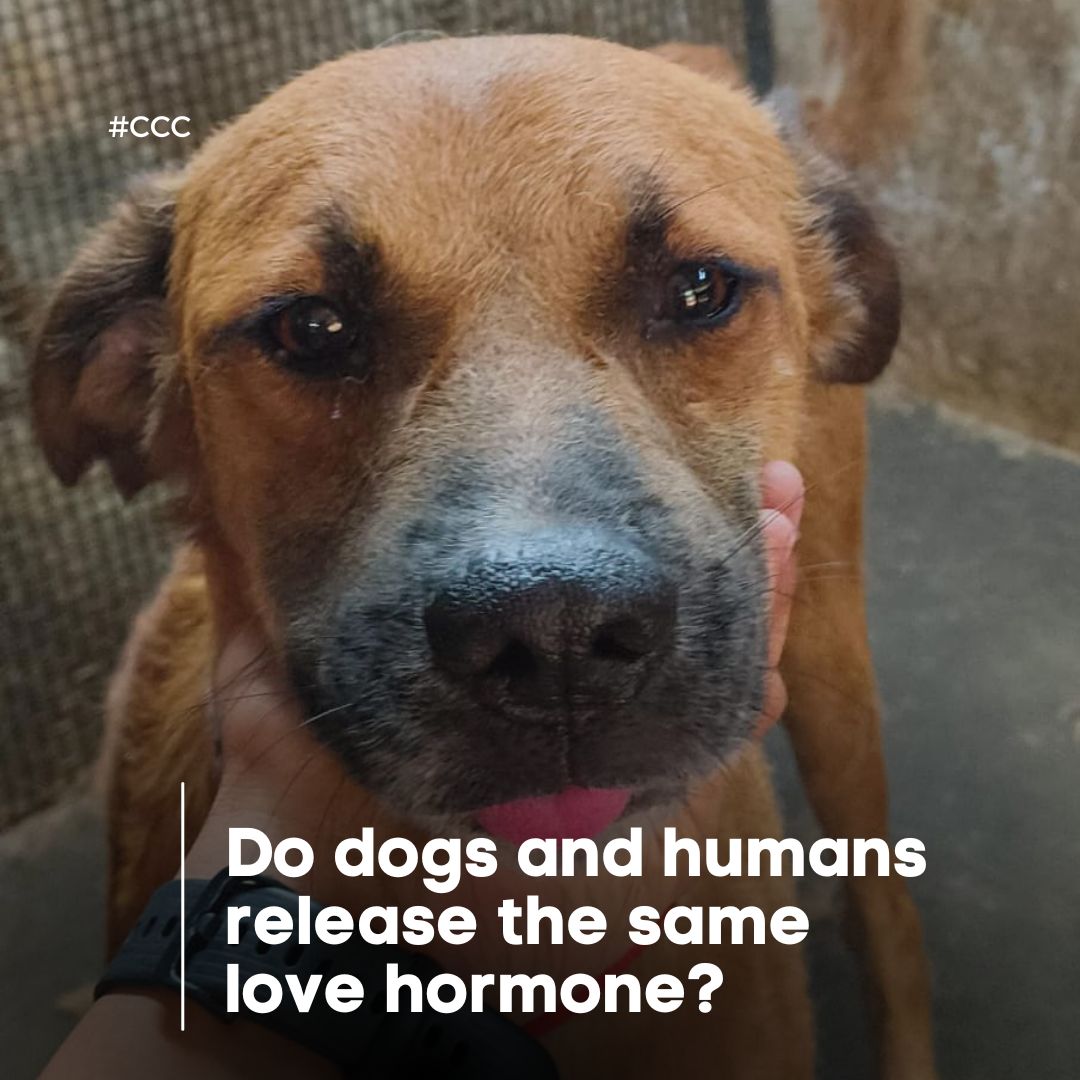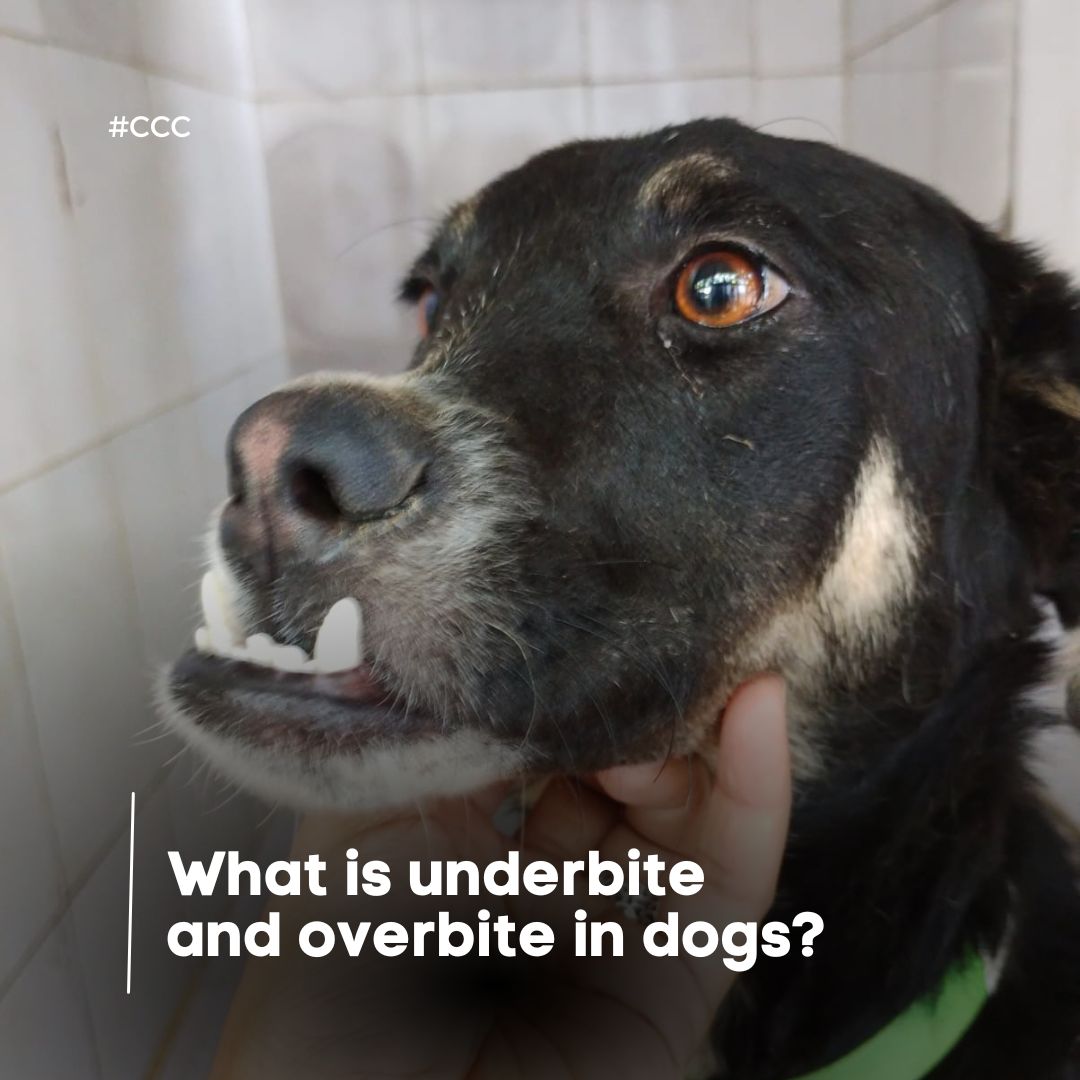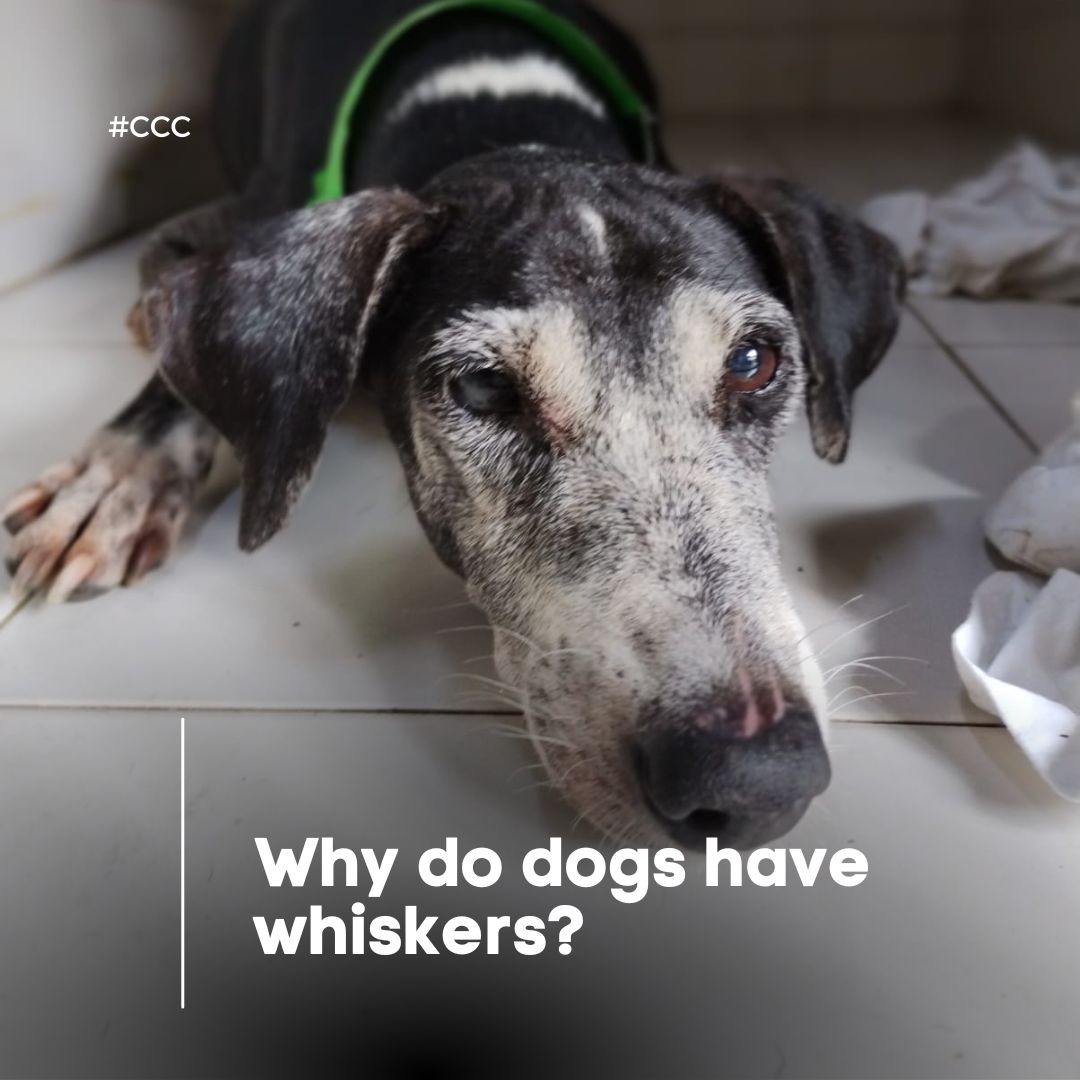Welcome to Canine Control and Care (CCC)
Leading the world's best animal birth control (ABC) program!


Sterilisation
Free spay/neuter surgeries for stray dogs
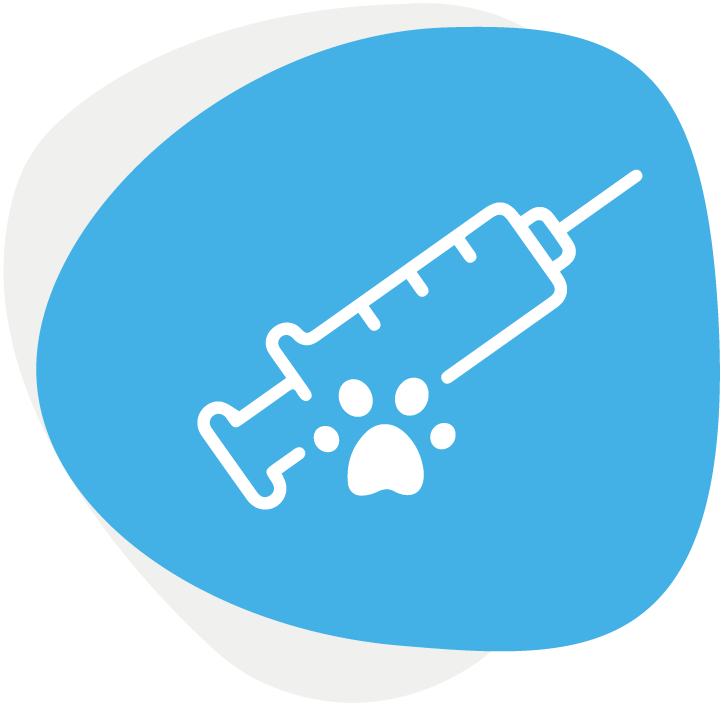
Anti-Rabies Vaccination
Free vaccination for stray dogs

Innovation in ABC
Developing effective ABC practices

Awareness
Promote responsibile pet ownership
What do we do?
Services
What do we do?
Our Work

Humane Catching of Stray Dogs
with dog lovers in designated areas
Low Stress Handling of Stray Dogs
while transporting them to and from our centers

Latest ABC Surgery Protocols
to ensure effective sterilisation
Release of Stray Dogs
back to their location after healing
Our Mission
Stray dog population management should be humane and ethical.
Minimizing harm and maximizing benefits for the dogs involved as well as the human communities.

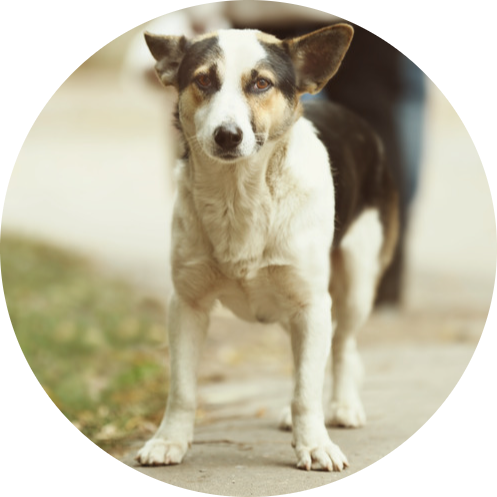
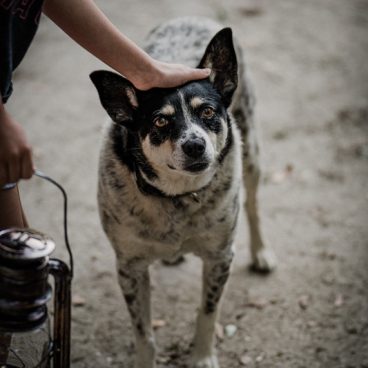
We control
stray dog population
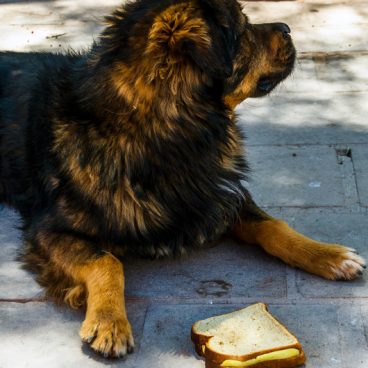
We help
to reduce human-canine conflict

We provide
free spay/neuter for stray dogs
CCC is committed to the cause of stray dogs, who are at the mercy of human beings for their survival. We are doing our bit to help them lead a better life and that is our motivation. We are working towards creating an environment where both stray dogs and human communities are benefitted.

100K+
dogs sterilised

5+
CCC centers

60+
people team

500+
volunteers
CCC team
Our Trustees
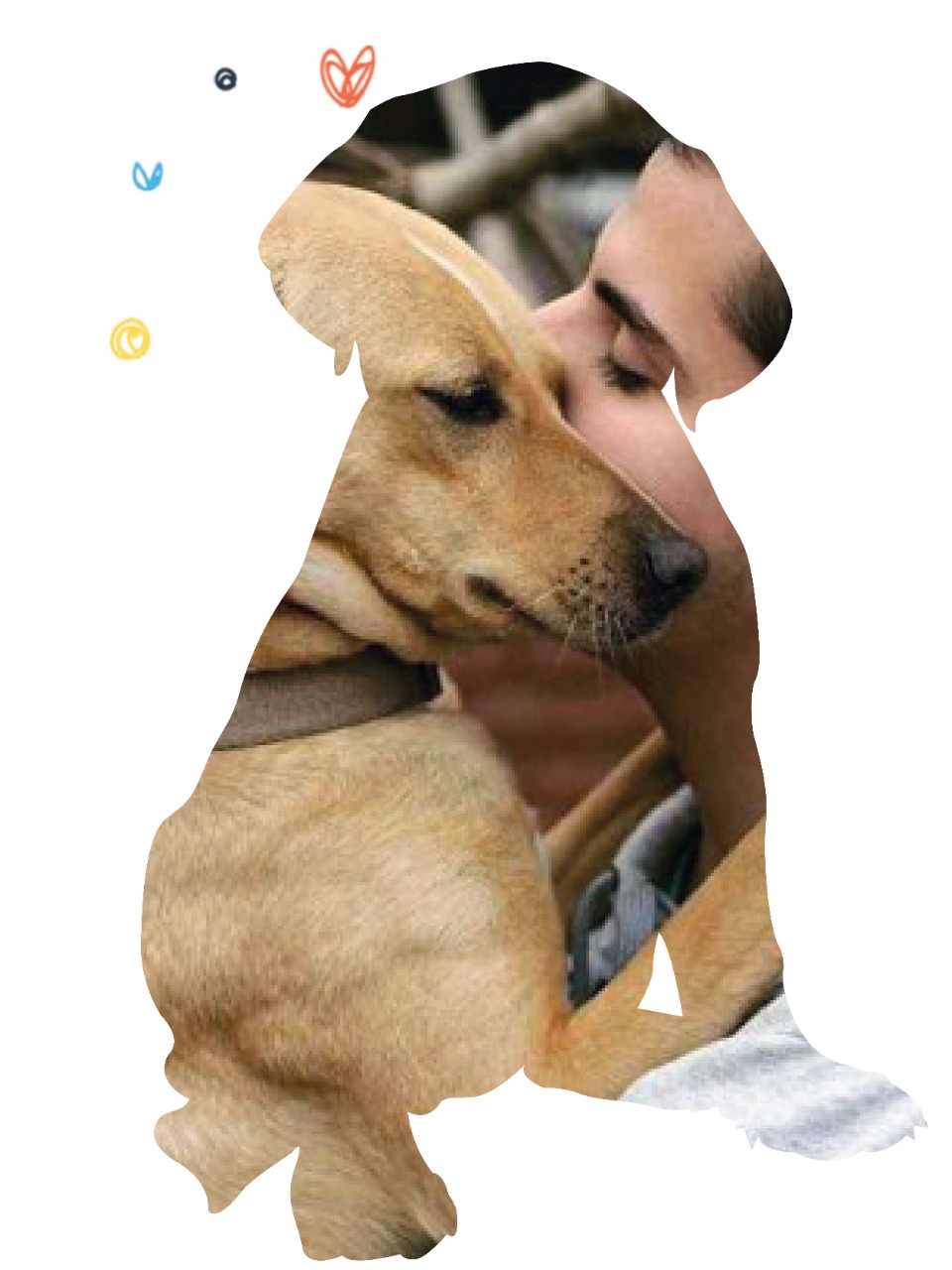
What people say about us.
Customers photo along with Testimonials

The best, most ethical place to get sterilizations for strays done.Our NUW Group is ever so grateful for all the help we get from CCC for our weekly sterilization drives.
Nisha Gorde Monteiro

They are one of the best for stray animal care, we should help them to grow & spread across the country.
Shalini Roy

The best care ever. Their dedication and enthusiasm is second to none!
Punchi Mahtani
Latest from the Blog
News & Articles
Do dogs and humans release the same love hormone?
Yes, both dogs and humans release the same love hormone, which is called…
Read MorePhysical or mental signs that your dog is aging
As dogs age, they may exhibit various physical and mental signs. While the…
Read MoreWhat is underbite and overbite in dogs?
In dogs, an underbite and an overbite refer to two different types of…
Read MoreWhy do dogs have whiskers?
Dogs, like many other animals, have whiskers for various reasons. Whiskers hairs are…
Read MoreShop
Our Products
CONTACT US



